
An emerging area of future technology is motor augmentation – using motorised wearable devices such as exoskeletons or extra robotic body parts to advance our motor capabilities beyond
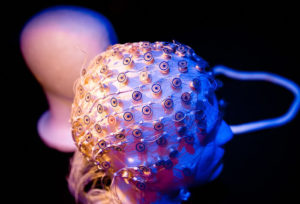
Study uncovers how the brain simulates possible future actions by drawing from our stored memories In pausing to think before making an important decision, we may imagine the potential outcomes
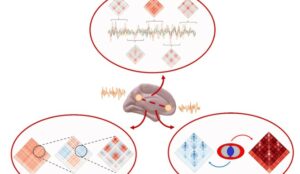
In a Review just published at Trends in Neurosciences, Cambridge neuroscientists, Andrea Luppi, Emmanuel Stamatakis and David Menon outline how we can

Cambridge scientists have shown that problems regulating emotions – which can manifest as depression, anxiety and explosive outbursts – may be a core symptom of attention deficit hyperactivity disorder (ADHD).

More than 20,000 volunteers have been recruited to a resource aimed at speeding up the development of much-needed dementia drugs. The cohort will enable scientists in universities and industry to

More than 20,000 volunteers have been recruited to a resource aimed at speeding up the development of much-needed dementia drugs. The cohort will enable scientists in universities and industry to
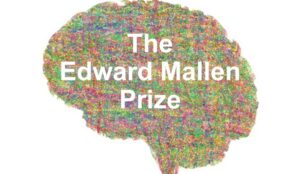
The Edward Mallen Prize for Mental Health Research The Edward Mallen Prize for Mental Health Research is a £20,000 prize funded by the MindEd Trust, which will be awarded to
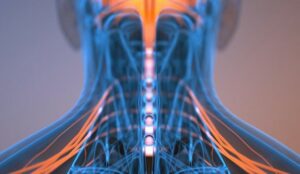
Researchers have developed tiny, flexible devices that can wrap around individual nerve fibres without damaging them. “The ability to make an implant that can change shape

Researchers have used artificial intelligence techniques to massively accelerate the search for Parkinson’s disease treatments. “Machine learning is having a real impact on drug discovery –
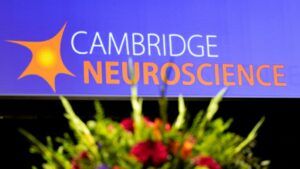
On April 5th 2024, we welcomed more than 240 delegates to Queens’ College for our annual meeting. This year, we focused on ‘Sleep, Consciousness and Cognition’. CNS2024 was